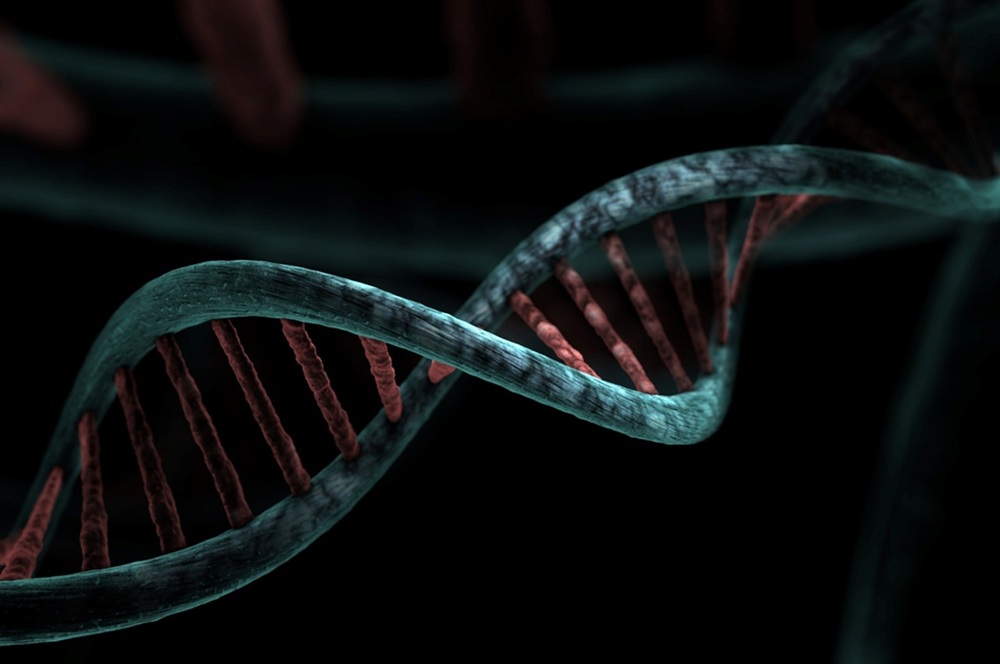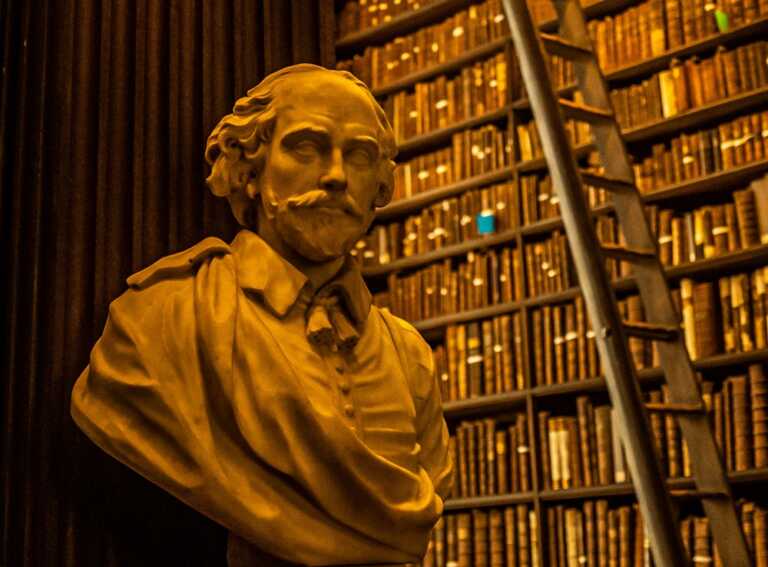Researchers in New York have developed an artificial intelligence tool designed to predict whether rare genetic mutations may lead to disease.
The system, created at the Icahn School of Medicine at Mount Sinai, uses electronic medical records alongside genetic data to improve accuracy.
Doctors often face uncertainty because genetic testing can identify variants that might not affect health, leaving patients without clear answers.
The new AI model provides a risk score between 0 and 1, estimating the likelihood that a variant could result in illness.
The team used over one million health records to train the system, focusing on 10 inherited conditions, including breast cancer and kidney disease.
Lead researcher Ron Do explained the tool moves beyond black-and-white results, giving doctors clearer guidance for patient care and treatment decisions.
By combining lab data such as cholesterol levels and blood counts, the model creates a sharper picture of disease risk for patients.
The study, published in Science, found the system could reclassify genetic variants previously labelled uncertain, linking them to specific health conditions.
Dr Iain Forrest, the study’s lead author, stressed the AI is not replacing doctors, but can guide decisions when test results lack clarity.
Doctors could use the scores to decide on further screening, preventive measures, or reassure patients if risks remain low.
Researchers plan to expand the model to include more diseases and diverse populations, making it more useful for everyday healthcare worldwide.


